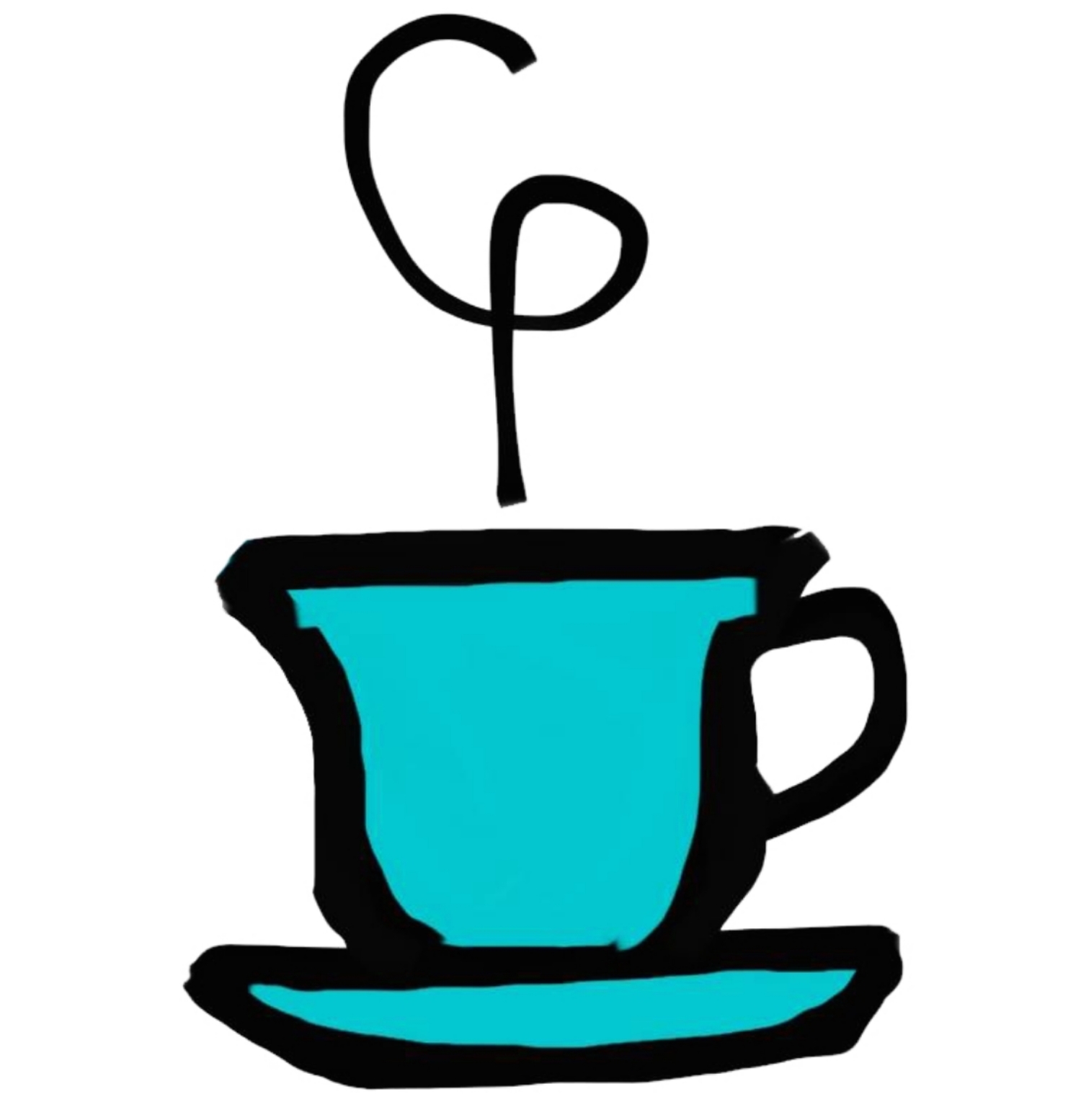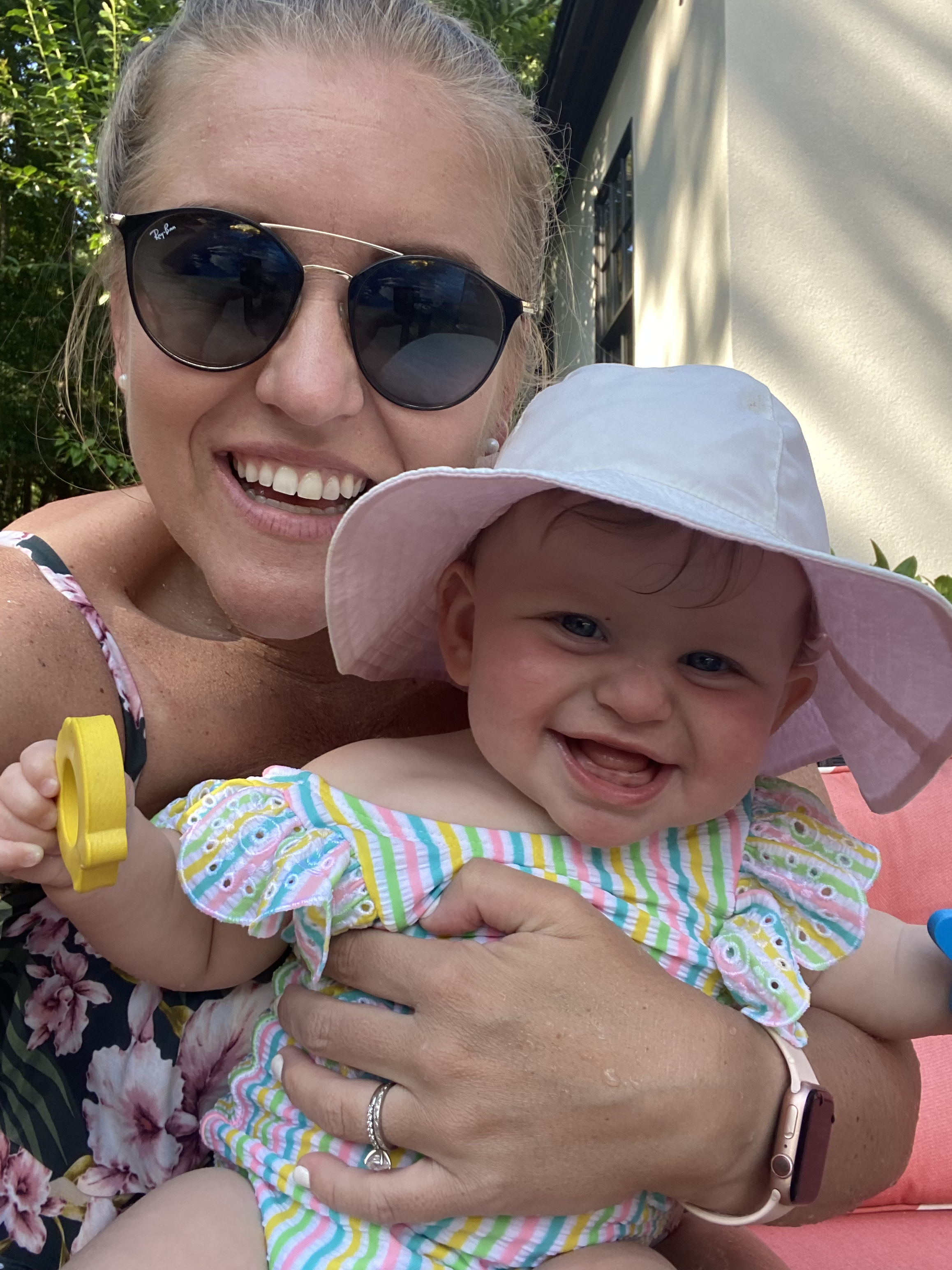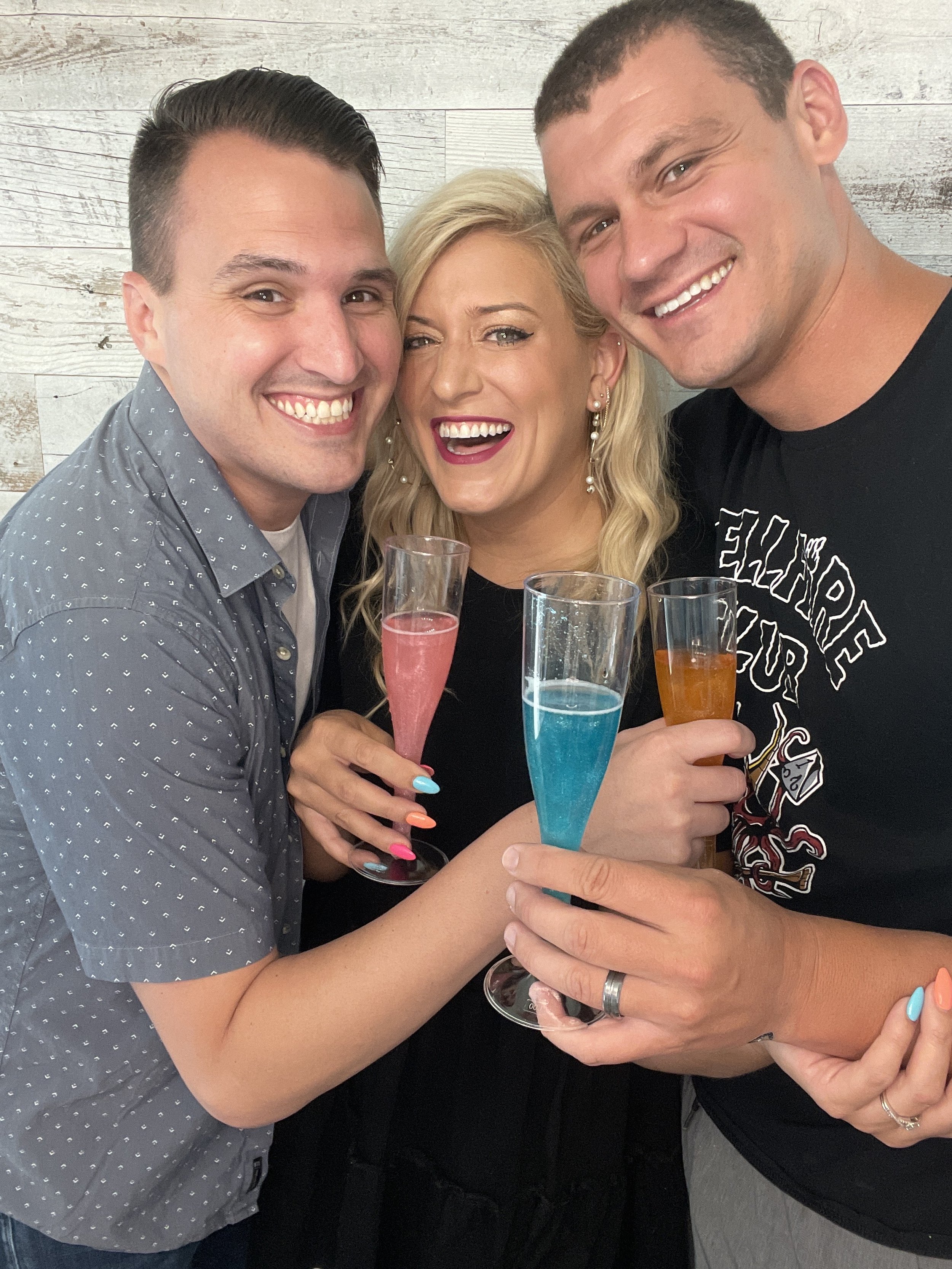7 lessons from the artist who gave me permission to dream
/Inspiration from Howard Ashman and the documentary: Howard
What did you like to do when you were a kid?
I've been thinking about that question a lot lately.
I put snails in a jar.
I wrote plays.
I acted in my own plays and one-woman shows. (Thank goodness YouTube did not exist then).
I memorized and performed scenes from The Little Mermaid.
I wrote a book.
I read a lot of books.
I loved libraries.
I loved AOL.
And I absolutely flipped out when my parents surprised me with The Little Mermaid cake on my birthday.
My mom tells me I watched The Little Mermaid on constant repeat when I was little.
All I remember is flipping out over that cake.
I do remember Beauty and the Beast being my favorite film of all time.
There was something about the music.
There was something about the women. Singing about wanting more. Telling me that I was allowed to want more, to want to go where I don't belong, to want to go on adventures.
As I got older I began to learn about the people who made these films and drew these characters and wrote these songs.
I recently saw a documentary about one of those people, the man who wrote the words to all the songs in The Little Mermaid, Beauty and the Beast, and many of the songs in Aladdin.
If you're into musicals like me, I only have to say the word "Howard" and you know who I'm talking about.
But just in case you weren't writing plays as a kid, Howard Ashman wrote these songs and many more. And Howard Ashman died before Beauty and the Beast and Aladdin came out. He never got to see those songs on screen. He never got to see them become Broadway and film sensations decades later.
When I first saw the film Waking Sleeping Beauty years ago, Howard was the one who stood out to me. I noticed how quietly he directed the voice actors, how deeply he felt the emotions of the characters he was writing about.
Where did that come from, I wondered?
How did he know?
And why was he so good at this?
It's impossible for me to watch a documentary without gleaning lessons. It's what I do, how I think. This what Howard taught me.
1. Do more of what you loved as a kid.
The first thing I noticed in the documentary was a part of a poem Howard wrote as a kid. It flashes briefly on screen and I click pause:
Making lovely cakes or pie
Wiping every tearful eye
Feeding faces
Going places
Sewing laces
Faster paces
Lin-Manuel Miranda wrote these kinds of verses as a kid too. (Fun Fact, Lin is working on the live action version of The Little Mermaid).
I can't help but notice that they both held on to the things they loved as kids. But more than hold on, they did the work and put in the practice to turn the things they loved as a kid into craft, their craft into art, and their art into a career that has brought joy, beauty, and hope to millions of people.
2. Hire yourself.
After college, Howard wanted to work in the theater, writing and directing, but no one would hire him. So he did what I see artists like this do time and time again. He hired himself. He started a theater.
And when no one wanted to produce Little Shop of Horrors, he put the show on himself.
The people in power - the people who make decisions on what to produce or publish - aren't always the best purveyors of quality or prescient about what will resonate with people. Often, if your project is innovative enough, it's beyond what they can see. And usually, if it's past what they can see, they see past you - but that doesn't mean you or your project are worth being passed over.
The only way to know for sure is to do the thing anyway. Publish it yourself. Produce it yourself. Share it yourself if no one else will.
3. Feel silly or embarrassed by your artistic voice? Share it anyway.
Even though Howard was known for having a fierce artistic vision, he wasn't always sure of himself. Even when it came to his growing interest in being a lyricist when he started his theater, he wasn't sure about it at first. It always can feel a little 'silly' when you think about taking something you love seriously. As Howard shares, “I was shy about writing lyrics.”
But he did it anyway. And he soon realized what, deep down, the child in him always knew: “I liked writing lyrics more than anything in the world.”
4. Craft is what allows you to help people see what you see and feel what you feel.
When Howard saw the campy Little Shop of Horrors movie, he saw potential for it to be a musical. He saw a sense of comedy. He wanted other people to see the story the way he did, and he was able to do that because of his focus on craft. Voice and taste makes you an artist. Dedication makes you a pro. And craft is what allows you to translate all of that so other people can see what you see and feel what you feel. Another word for that? Magic.
Howard also knew his industry. The documentary features old interviews of Howard where his theater references are plentiful, natural, automatic. He knows his stuff, inside and out, and it's clear he deeply understands what makes a musical work.
He is the first person to teach me about the concept of the "I want" song: how in many musicals there is a moment where the leading lady tells the audience her dream, what she wants - and, if done well, the audience spends the rest of the musical wanting her to get it.
He also understood that great songs drive plot - they are not supposed to halt the narrative but accelerate it. He knew this because he immersed himself in his craft and in his industry. Because he loved it.
5. Once you find your voice, fight for it.
While Howard had moments of timidity and even embarrassment (when he wrote the opening of the "Belle" song for Beauty and the Beast he was totally embarrassed by how long it was and almost didn't want to show it to Disney), he also was incredibly opinionated and fought for the things he believed in, often using references in the industry to back up his fierce feelings.
For example, when kids were brought in for test viewings of the rough cuts of The Little Mermaid, "Part of Your World" - the I want song - didn't test well. Kids were fidgeting. There was talk of cutting the song.
Howard fought for it. He referenced the song "Wish Upon a Star" in Pinochhio. The song stayed.
6. Don't hold anything back or dumb anything down.
Last year I watched Aladdin again with the captions on. It was actually an accident, but I became so enamored with the words that I didn't turn the captions off. I highly recommend this. When I saw this movie as a kid I simply loved it. But when I saw it as an adult, I was astounded by it. Particularly the advanced vocabulary in the songs. I found myself watching the movie at age 31 looking up the defiinions of words like "genuflect" and "nom de plume." Or getting chills from lines in Beauty and the Beast like "We don't like what we don't understand/ In fact, it scares us/ And this monster is mysterious at least."
It made me so happy that the things I loved as a kid still held so many treasures for me decades later.
And the greatest treasure of all has been realizing that those treasures are left behind by real people.
7. Remember that failure now does not mean failure tomorrow.
Howard's first Broadway project was considered a failure. It lasted less than two months before being pulled.
Soon after he got a call from Disney.
And way too soon after that, he died from AIDS - before he ever saw people at the New York Film Festival give Beauty and the Beast a standing ovation.
He wrote some of his final songs from a hospital bed. And before he lost his life, he lost his sight.
But he never lost his voice.
And it's the only thing we have left of him. But what a beautiful thing it is.
Howard could have never known that the words he was writing while dying would one day be heard by millions of people, make billions of dollars, reverberate on Broadway and in theaters around the world, be revived in new films decades later, or even encourage a young woman to feel like it's okay to "want adventure in the great wide somewhere."
The Howard documentary is directed by Don Hahn and premiered recently at the Tribeca Film Festival. I don't know where it will live on after that, but wherever it does, I hope you go see it. It's a beautiful and heart-wrenching reminder of what we leave behind when we do our best work with our whole heart.






























